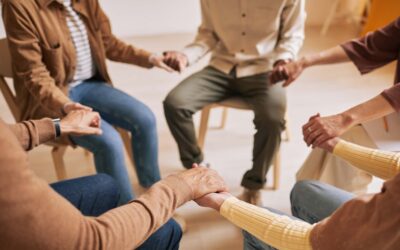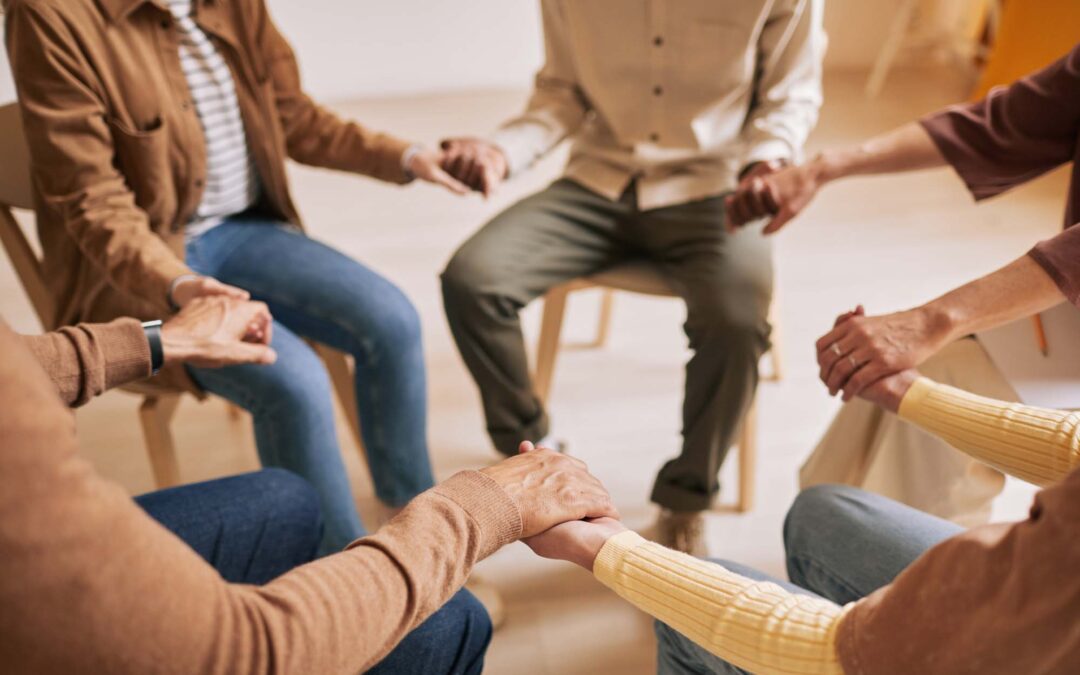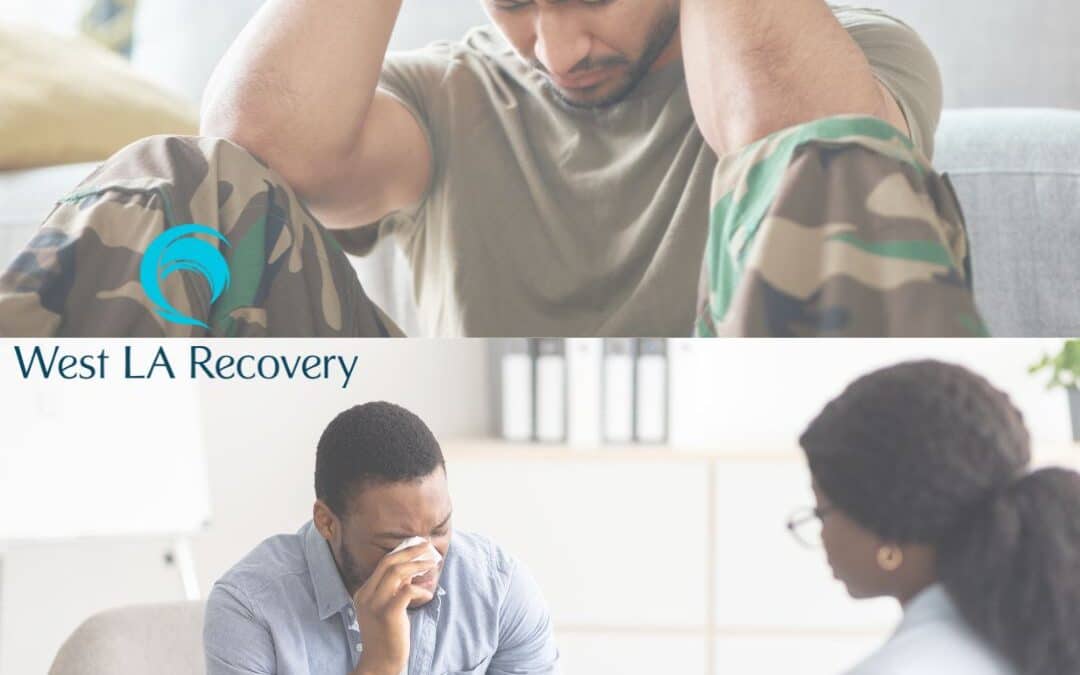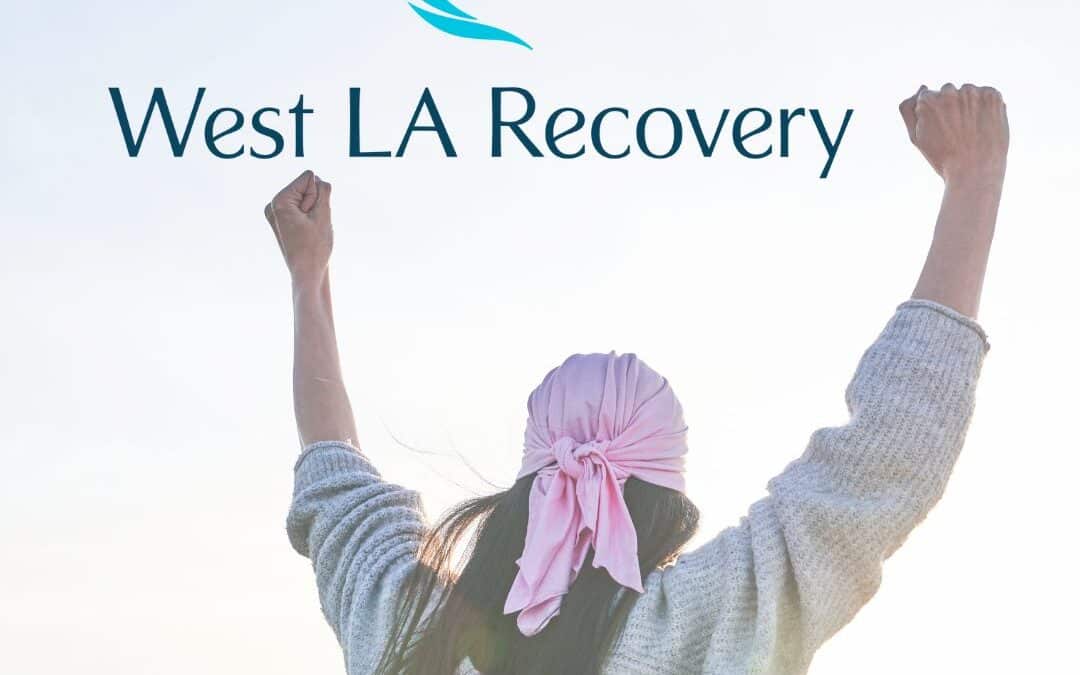Importance of Building a Sober Social Circle

Building a strong network of friends in sobriety creates a foundation for lasting recovery. When you surround yourself with people who understand and support your journey, you discover a sense of belonging that doesn’t rely on substances.
Your sober support network becomes your anchor during challenging times:
- They understand the unique struggles of maintaining sobriety
- They celebrate your milestones and achievements
- They provide accountability when temptation strikes
- They demonstrate that a fulfilling social life exists without alcohol or drugs
Research shows that individuals with strong sober friendships are significantly less likely to experience relapse. These relationships act as protective barriers, helping you navigate triggers and maintain your commitment to recovery.
The emotional connections you build within your sober community offer:
- Authentic conversations about shared experiences
- Practical advice for handling difficult situations
- Understanding without judgment
- Encouragement during moments of doubt
Your social circle create opportunities for personal growth beyond addiction. Together, you can explore new interests, develop healthy habits, and build meaningful relationships based on genuine connection rather than substance use.
Remember: every person in recovery has faced the challenge of building new social circles. You’re not alone in this journey, and creating these connections is a vital investment in your long-term sobriety.
Recognizing Challenges in Forming A New Social Circle
Building new friendships in sobriety brings unique challenges that require courage and resilience to overcome. Distancing yourself from old friends or family members who still use substances can feel isolating, yet it’s a crucial step in protecting your recovery journey. You might experience feelings of guilt, loss, or fear of missing out as you create necessary boundaries.
Creating meaningful connections takes time – there’s no shortcut to building trust and authentic relationships. It’s essential to choose your circle carefully to foster these connections. You’ll need to:
- Practice patience with yourself and others
- Accept that not every connection will develop into a close friendship
- Allow relationships to unfold naturally without forcing interactions
Social situations present their own set of challenges when maintaining sobriety commitments. You might face:
- Pressure to participate in activities centered around drinking
- Explaining your sobriety choice repeatedly
- Navigating dating scenes traditionally focused on alcohol
- Finding alternative ways to socialize and have fun
Many people in recovery find themselves relearning social skills without the buffer of substances. It’s normal to feel awkward or uncertain in social settings. However, it’s important to remember that these feelings are temporary and part of your growth process. Each social interaction becomes an opportunity to build confidence in your sober identity and strengthen your commitment to recovery.
As you navigate these social situations, especially during holiday gatherings, remember that it’s okay to assert your boundaries. You might also find it beneficial to focus on your own happiness rather than trying to fit into old molds or expectations.
Practical Ways to Find and Cultivate Sober Friendships

Building a sober social circle requires active participation and strategic planning. Here’s how you can expand your network of sober friends:
Recovery Support Groups
- Join local AA, NA, or SMART Recovery meetings
- Arrive early and stay late to engage in casual conversations
- Share your experiences during group discussions
- Connect with a sponsor who can guide your recovery journey
Sober Activities
- Sign up for fitness classes or yoga sessions
- Join hiking groups or outdoor adventure clubs
- Participate in art workshops or creative writing classes
- Volunteer at local organizations aligned with your values
Digital Connections
- Download sobriety apps with community features
- Join recovery-focused Facebook groups
- Participate in virtual support meetings
- Follow sober influencers and engage with their content
Rebuilding Existing Relationships
- Reach out to family members who support your recovery
- Reconnect with old friends who lead substance-free lives
- Be open about your sobriety journey
- Set clear boundaries around social activities
Community Engagement
- Explore faith-based organizations that resonate with you
- Join hobby-based clubs or sports teams
- Attend sober events and meetups in your area
- Take leadership roles in recovery groups
Remember to prioritize quality connections over quantity. Each new relationship you build strengthens your foundation in sobriety and creates opportunities for meaningful, lasting friendships.
Leveraging Local Resources: Recovery Support Groups & Sober Events in LA
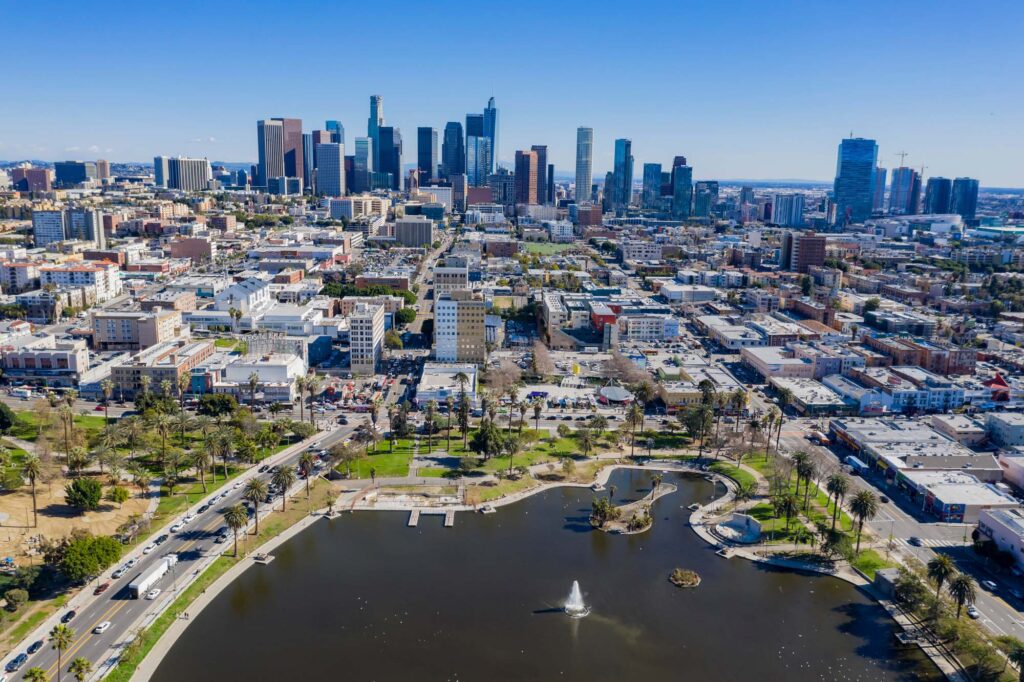
Los Angeles has a vibrant sober community with many opportunities to forge meaningful connections. Local recovery meetings, such as those found at peer recovery support centers, are excellent venues to network and meet others dedicated to staying sober. These gatherings provide a relaxed atmosphere for genuine conversations and relationship building.
The LA Sober Scene
The sober scene in LA offers various activities and events:
- Regular Recovery Meetings: There are multiple daily meetings held in different neighborhoods such as Venice, Santa Monica, and West LA.
- Sober Social Events: Enjoy alcohol-free concerts, art shows, and community gatherings.
- Wellness Activities: Participate in group yoga sessions, meditation circles, and fitness classes.
- Sober Cafes: Visit coffee shops and juice bars that host meetups for the recovery community.
Unique Sober Events in Los Angeles
In addition to regular activities, there are also specific sober events in Los Angeles that add something special to the recovery experience:
- Beach meditation sessions at sunset
- Hiking groups in Griffith Park and the Santa Monica Mountains
- Sober sports leagues and recreational teams
- Volunteer opportunities focused on recovery
Accessible Meeting Spaces
You can find meeting spaces throughout the city that are easily accessible:
- Community centers
- Local churches and spiritual centers
- Public libraries
- Parks and outdoor areas
- Organizations dedicated to recovery
These local resources create natural opportunities to develop friendships with others committed to long-term sobriety. The diverse range of activities ensures you can find connections that align with your interests while maintaining your recovery goals.
In addition to these resources, recovery support groups offer valuable assistance during the recovery journey. They provide a sense of community and shared experience which can be incredibly beneficial. Moreover, institutions like Stanford’s Mental Health & Wellness Communities also serve as excellent platforms for finding support and resources tailored to individual needs.
Strategies for Cultivating Strong and Lasting Relationships in Sobriety
Building authentic connections in sobriety requires intentional effort and clear communication. When meeting new people, being upfront about your sobriety creates a foundation of trust and eliminates potential misunderstandings. You can share your journey confidently, setting the tone for honest relationships from the start.
Essential boundaries for protecting your recovery:
- Communicate your non-negotiable limits clearly, which is crucial to establish a strong foundation for lasting sobriety.
- Decline invitations to triggering environments by saying no in a nice way.
- Choose social activities that align with your values.
- Remove yourself from situations that compromise your sobriety, which may involve learning how to set boundaries effectively.
It’s important to take the lead in planning sober activities. Suggest coffee meetups, hiking adventures, or creative workshops. Regular check-ins with your sober friends strengthen these bonds. A simple text message or quick call shows you value the connection and helps maintain consistent communication.
Remember that meaningful friendships develop at their own pace. Focus on quality interactions rather than rushing to build your social circle. Each person you meet brings unique perspectives and experiences to your recovery journey.
Ways to nurture new connections:
- Share recovery milestones and challenges
- Listen actively without judgment
- Show up consistently for planned activities
- Express gratitude for mutual support
- Engage in shared interests beyond recovery
These intentional practices create the foundation for lasting friendships that support your continued sobriety.
Benefits of Maintaining a Supportive Sober Social Network
A strong sober social network acts as a protective shield against relapse. When you surround yourself with people who understand and respect your sobriety, you naturally distance yourself from environments where substance use is prevalent. This separation helps eliminate exposure to potential triggers that could jeopardize your recovery journey.
Your sober friends bring unique value through their shared experiences:
- They understand the challenges you face
- They recognize early warning signs of potential struggles
- They can offer practical solutions based on personal experience
- They celebrate your victories with genuine understanding
A supportive sober network introduces you to new, healthy lifestyle choices. You’ll discover:
- Alternative social activities – from hiking groups to art classes
- Wellness practices – meditation, yoga, or fitness routines
- Productive hobbies – cooking, gardening, or creative pursuits
- Community service opportunities – giving back while building connections
The accountability aspect of sober friendships proves invaluable. Your network becomes invested in your success, checking in regularly and offering support during challenging times. They’re there to:
- Mark important milestones in your recovery
- Share resources and coping strategies
- Provide honest feedback when needed
- Create a safe space for vulnerability and growth
These relationships foster a sense of belonging and purpose, reinforcing your commitment to long-term sobriety through daily interactions and shared experiences.
Moreover, stress management is another crucial benefit of maintaining a supportive sober social network. The emotional support that comes from such relationships can significantly help in managing stress levels, which is often a trigger for relapse.
Lastly, it’s essential to remember that building these supportive relationships takes time and effort. Engaging in personal development activities within your sober network can help strengthen these bonds while also promoting individual growth.
Connect with West LA Recovery for Supportive Community Building
Building a sober social network doesn’t have to be a solo journey. Our dedicated programs at West LA Recovery create natural opportunities for meaningful connections with others who share your commitment to sobriety.
Our professional team understands the challenges of forming new relationships in recovery. We provide structured guidance and support to help you:
- Navigate social situations confidently
- Develop communication skills for lasting friendships
- Connect with peers who understand your journey
Your New Support Network Starts Here
We offer multiple pathways to build your sober community:
- Group therapy sessions
- Peer support meetings
- Sober social activities
- Alumni programs
These initiatives not only foster relationships but also provide a solid foundation for maintaining sobriety. Our compassionate community welcomes you with open arms. Each person who walks through our doors brings unique experiences and perspectives, enriching our collective journey toward sustained sobriety.
Ready to expand your sober support network? Contact us today at [phone number] to learn about our programs focused on building strong social connections. You’ll discover a vibrant community of individuals committed to supporting each other’s recovery journey.
Your path to meaningful sober friendships begins with a single step – reach out now and join our West LA Recovery family. With our resources and support, you’ll be well on your way to sober living and forming lasting bonds that will aid in your recovery.

